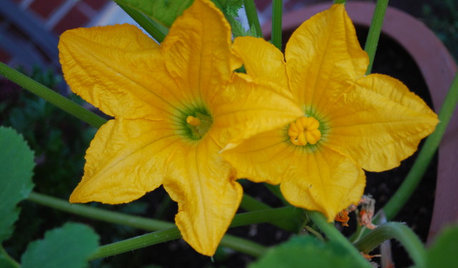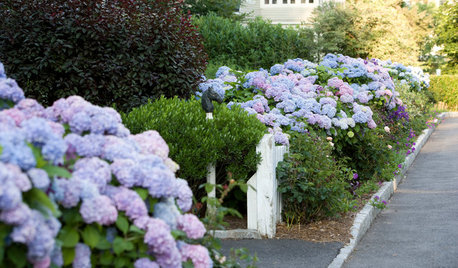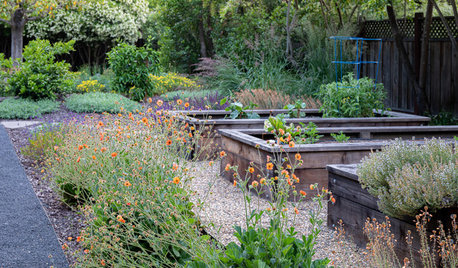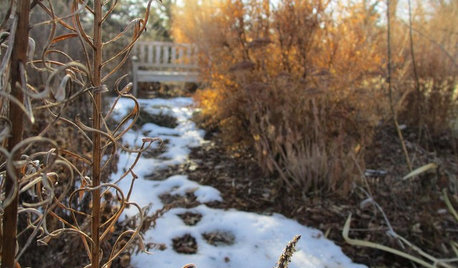Ok, I give up..squash vine borers
gnhelton
11 years ago
Featured Answer
Sort by:Oldest
Comments (14)
lingon
11 years agoRelated Professionals
Baltimore Landscape Architects & Landscape Designers · Cary Landscape Architects & Landscape Designers · Wilmington Landscape Contractors · Alamo Landscape Contractors · Louisville Landscape Contractors · Oviedo Landscape Contractors · Peachtree City Landscape Contractors · Round Lake Landscape Contractors · Tigard Landscape Contractors · North Aurora Landscape Contractors · Alexandria Decks, Patios & Outdoor Enclosures · Highland Springs Decks, Patios & Outdoor Enclosures · Parlier Decks, Patios & Outdoor Enclosures · San Diego Decks, Patios & Outdoor Enclosures · West Bend Decks, Patios & Outdoor Enclosuresgnhelton
11 years agoKimmsr
11 years agoGreeneGarden
11 years agomsgreenjeans1
11 years agoChristian
11 years agoadc14
11 years agoChristian
11 years agoannizoe
10 years agolittle_minnie
10 years agowisbill
10 years agoKimmsr
10 years agoemmers_m
10 years ago
Related Stories

EDIBLE GARDENSSummer Crops: How to Grow Squash
Almost foolproof and with cheerful flowers, squash comes in a wide range of varieties to plant in spring
Full Story
DECORATING GUIDESBring in da Funk: How Humble Touches Give a Home Soul
Shake up expectations and stir up interest with pieces that show patina, create contrast or offer a jolt of surprise
Full Story
FLOWERSWhy You Should Give Hydrangeas a Place in Your Yard
The exuberant mop-headed beauties evoke dreams of an endless summer by the sea
Full Story
GARDENING AND LANDSCAPINGGive Your Compact Patio Some Major Style
11 ideas and examples to take your outdoor room from snoozefest to stellar
Full Story
GARDENING GUIDESEssential Watering Tips for Your Edible Garden
To give your edible plants just what they need, check out these guidelines for how, when and how much to water
Full Story
HEALTHY HOME12 Ways to Set Up Your Kitchen for Healthy Eating
Making smart food choices is easier when your kitchen is part of your support team
Full Story
FALL GARDENING7 Reasons Not to Clean Up Your Fall Garden
Before you pluck and rake, consider wildlife, the health of your plants and your own right to relax
Full Story
OUTBUILDINGS12 Fun Backyard Forts Grown-Ups Can Love, Too
Kids might use them for secret meetings, but the word is out on these tree houses and playhouses that consider adult design tastes
Full Story
WINTER GARDENING6 Reasons I’m Not Looking Forward to Spring
Not kicking up your heels anticipating rushes of spring color and garden catalogs? You’re not alone
Full Story
STUDIOS AND WORKSHOPS11 Tips to Get the Creative Space You Crave
Life, liberty and the pursuit of your craft. OK, that's paraphrased, but we think you have the right to an inspiring workspace of your own
Full StoryMore Discussions







Kimmsr